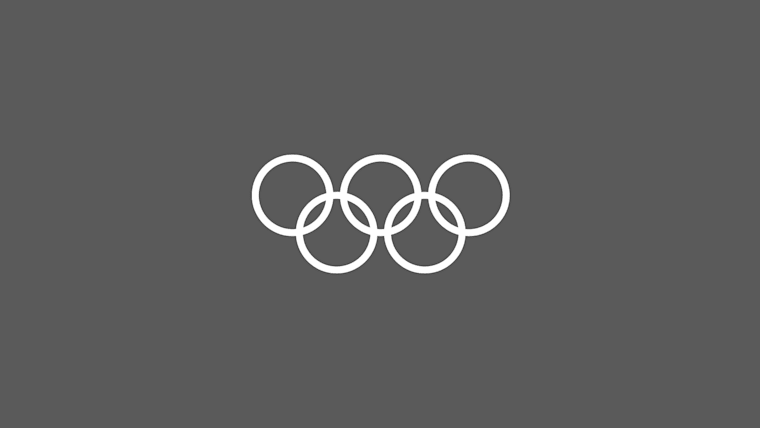
IOC promotes catalytic role of sport to advance Human Rights at the UN Social Forum 2018
As the UN Human Rights Council Social Forum dedicated for the first time its annual session to sport and the Olympic ideal, various IOC representatives attended it from 1 to 3 October, joining UN Member States, UN agencies, international organisations, NGOs and several civil society representatives.

Under the banner “Using sport and the Olympic ideal to promote human rights for all and to strengthen universal respect for them”, the three-day Forum brought together various partners and organisations at the Palais des Nations in Geneva, Switzerland.
Sport’s role in the human rights conversation
Taking part as a keynote speaker on behalf of the IOC President, IOC Member Nawal El Moutawakel spoke of the IOC’s strong commitment to improving the promotion and respect of human rights related to its own operations and Olympic Games’ organisation, in cooperation with National Olympic Committees, International Sports Federations and other partners.
Promoting human rights is a journey that requires bold action and a clear sense of responsibility.
She outlined: “Promoting human rights is a journey that requires bold action and a clear sense of responsibility. We have a shared responsibility to encourage and promote change through engagement with all stakeholders. Governments, international organisations, sports organizations, civil society groups, athletes, business, all must play their respective roles in protecting, promoting and respecting human rights across their spheres of influence. Rest assured that the IOC remains committed to play its part, in partnership with all of you”.
Joining El Moutawakel at the event were IOC Athletes’ Commission members and Olympians Emma Terho and Danka Bartekova, Young Change-Maker+ Juan Sanchez, and IOC Head of Sustainability and Legacy Michelle Lemaitre.
While Lemaitre underlined the connection between sport and the wider sustainable agenda, Sanchez raised awareness about his Young Change-Maker’s role, promoted the role of sport to foster social inclusion within society and communities and introduced the social development projects he has initiated to help vulnerable youngsters in Colombia, torn apart by decades of conflict.
In turn, Terho emphasised the power of sport to promote gender equality and non-discrimination and inclusion in society, while Bartekova addressed the work being done by athletes to better frame their rights and responsibilities.
Athletes shaping their rights
As part of her speech, Bartekova described how athletes are contributing to an unprecedented exercise that sets out to define, within a central Athletes’ Rights and Responsibilities Declaration, fundamental principles that are flexible enough to adapt to athletes’ needs across sports and countries.
“The Declaration will be a momentous achievement as it is the first time that the rights and responsibilities of athletes within the Olympic Movement have been identified and brought together,” explained Olympic shooting medallist Danka Bartekova. “It is by athletes, for athletes, to support athletes globally. Listening to athletes is crucial, and we have asked them to tell us what is important to them. Thousands of athletes and athlete representatives have completed the survey over the course of two and a half months, and it has been an extraordinary collective effort to collate all these voices across the world.”
Listening to athletes is crucial, and we have asked them to tell us what is important to them.
Exploring topics such as integrity and clean sport, career and marketing, communications, governance and safe sport, the Athletes’ Rights and Responsibilities Declaration is a project coordinated by the IOC Athletes’ Commission, on behalf of athletes across the sports movement (including Olympic, Paralympic and non-Olympic sports), through a Steering Committee, composed of 20 athlete representatives from around the world.
To learn more, visit: https://www.olympic.org/athlete365/athletesdeclaration